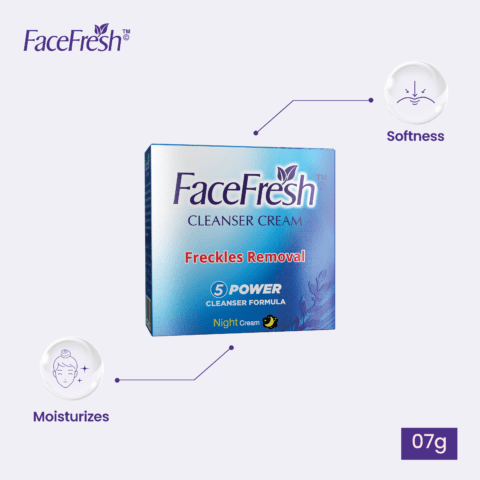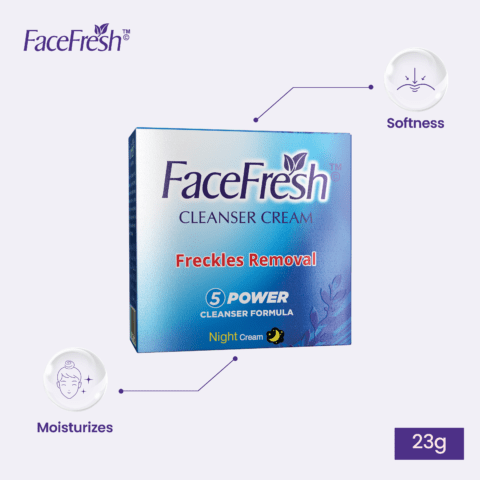In the world of dermatology, the study of skin is an intricate and fascinating subject. One of the captivating areas of exploration is “skin dimorphic,” which refers to the inherent differences between male and female skin. While both genders share similarities in their skin structures, there are notable distinctions that influence skin health, aging, and overall care. In this article, we will delve into the unique characteristics of male and female skin and how to address their specific needs for healthy and glowing skin.
1. The Biological Basis of Skin Dimorphic
1.1 The Role of Hormones
Hormones play a pivotal role in shaping the differences between male and female skin. Androgens, predominantly found in males, contribute to sebum production, resulting in oilier skin. On the other hand, estrogen, which is more prevalent in females, supports the formation of collagen and elastin, providing a more supple and youthful appearance to the skin.
1.2 Genetic Factors
Genetics also have a significant influence on skin dimorphism. Certain genes are more active in males, leading to thicker skin with more hair follicles. Females tend to have thinner skin, which is generally more sensitive.
2. Structural Variations
2.1 Epidermal Thickness
Male skin is typically about 20% thicker than female skin. This discrepancy in epidermal thickness contributes to the resilience of male skin and makes it less susceptible to wrinkles.
2.2 Sebaceous Gland Activity
As mentioned earlier, males tend to have higher sebum production due to the influence of androgens. This higher sebum output can lead to more frequent issues with acne and oily skin.
2.3 Collagen Density
Female skin contains a higher density of collagen fibers, which are responsible for maintaining the skin’s firmness and elasticity. This can explain why women generally show fewer signs of aging, such as fine lines and wrinkles, compared to men.
3. Aging Process
3.1 Wrinkles and Fine Lines
Due to the differences in collagen density and epidermal thickness, men tend to develop wrinkles and fine lines later in life compared to women. However, once the aging process sets in, male skin may experience more pronounced and deeper wrinkles.
3.2 Skin Elasticity
The higher collagen content in female skin contributes to better skin elasticity, making it more capable of bouncing back after facial expressions. In contrast, the lower collagen content in male skin results in decreased elasticity.
4. Skincare Regimens for Each Gender
4.1 Men’s Skincare
Men’s skincare should focus on managing excess sebum production and preventing acne breakouts. Regular cleansing and exfoliation are essential to keep the pores clean and reduce the likelihood of clogged pores.
4.2 Women’s Skincare
Women’s skincare routines should emphasize collagen preservation and protection from harmful UV rays. Moisturizers and serums containing antioxidants can help maintain youthful skin.
5. Addressing Common Skin Concerns
5.1 Male Skin Concerns
Men may face more challenges with razor burn and ingrown hairs due to frequent shaving. Using a proper shaving technique and soothing aftershaves can alleviate these issues.
5.2 Female Skin Concerns
Women might be more prone to skin redness and sensitivity. Gentle skincare products without harsh ingredients can help mitigate these concerns.
Conclusion
Understanding the differences between male and female skin is crucial for tailoring effective skincare regimens. While both genders can achieve healthy and radiant skin, acknowledging the unique aspects of each gender’s skin allows us to address their specific needs better.
FAQs About Skin Dimorphic
- Is it necessary for men to use a moisturizer if they have oily skin?
- Absolutely! While men may have oilier skin, using a lightweight, oil-free moisturizer is essential to maintain the skin’s hydration balance.
- Can women benefit from using aftershave products designed for men?
- Yes, some aftershave products contain soothing ingredients that can benefit women, especially those with sensitive skin.
- Are there any gender-neutral skincare products available?
- Yes, there are many gender-neutral skincare brands that cater to all skin types and concerns.
- Does hormonal fluctuation affect both male and female skin?
- Yes, hormonal changes can impact the skin in both genders, leading to breakouts and other skin issues.
- Can diet and lifestyle influence skin dimorphism?
- Absolutely! A balanced diet and a healthy lifestyle can positively affect the overall health and appearance of the skin, regardless of gender.





Leave a comment
Your email address will not be published. Required fields are marked *